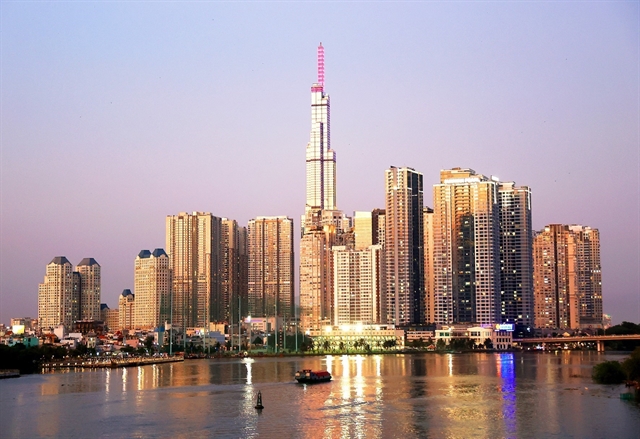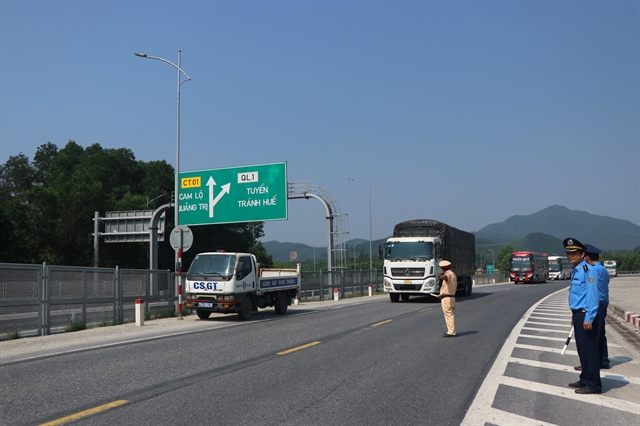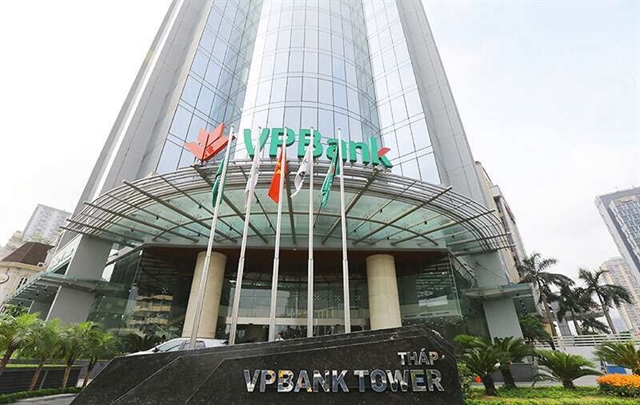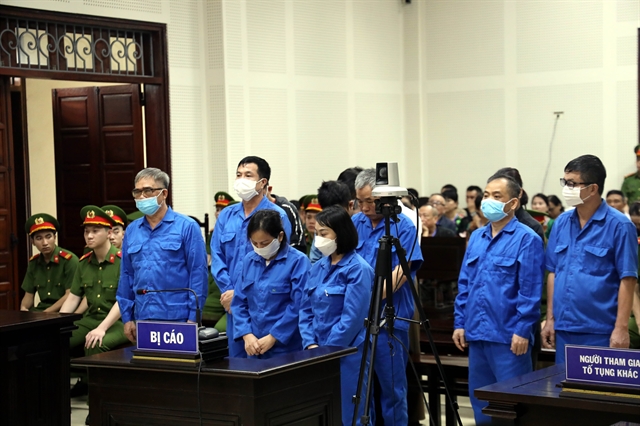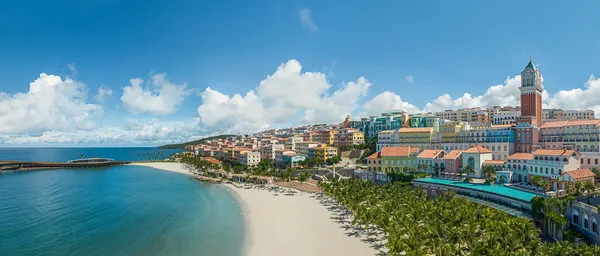

Your Say
Last week, Viet Nam News asked its readers for their thoughts on Hà Nội’s plan to stop trimming trees to save about VNĐ700 billion (US$31.3 million) a year. Here are some of their comments:
Jacob O Gold, American, Chicago
I feel that the Hà Nội authorities should factor the importance of “urban green space” when making their difficult budgetary decisions. There are two reasons for this: one is that public green space not only cleanses the air, but also helps anchor the development of cohesive communities, whether through small neigbourhood parks or the city’s larger parks and the areas around its many lakes. Making sure that these places are well maintained will inspire family and community events that promote an active outdoor lifestyle. The second reason is that Hà Nội can be a leader in developing new methods and technologies to keep cities “green” in the face of climate change. Budgets always require compromise and some green areas may have to go, but the general rule of thumb should be what the Romans called “rus in urbe” – “a garden in the city” – and this is not only part of Roman heritage. We know that it has been an area of Vietnamese expertise for centuries!
Hasyim Widhiarto, Indonesia, Jakarta
When you visit a city for the first time, it is most likely that your first impression of the place will be largely determined by its physical appearance, including how clean it is and how packed the traffic is. Thus, a massive budget cut for grass and flower maintenance across Hà Nội would surely backfire against the city’s image if the Government has no alternative plan in hand. The regional administration, for example, could invite the participation of private companies to help cover the maintenance of plants in local gardens in return for advertising spots on park benches or trash bins. Support from communities could also be initiated by encouraging people who live near public parks or main roads to report any tree damage, thus allowing the local administration to conduct report-based maintenance instead of daily or weekly ones.
Gener Armbrust Pangan, Filipino, Hà Nội
My honest opinion regarding this matter is that Hà Nội authorities should not stop funding plant grooming and city beautification programmes anywhere in the city. Remember that Hà Nội is now the centre of one of the fastest moving countries, where the level of tourists is also rising. If the Hà Nội authorities stop spending money on trimming grass and flowers around Thăng Long Avenue, yes they will save a lot of money, but are they not aware of what tourists may say? They can manage budget spending on this project instead of totally taking it out. A person spends money to present himself/herself well, whether buying clothes or going to the salon, so when other people see him/her they will give good comments. It’s the same with a country, city or even district - upgrades and beautification are important.
In my country (Philippines) the city government doesn’t need to collect opinions from the public on what to do with the budget because the Philippine local government already has a planned budget that is transparent across all sectors. This means that they have a budget for disaster funds, district beatification and other things. In the Philippines, street cleaners and grass trimmers regularly do their job to maintain cleanliness.
Health is another important factor. If the city authorities end funding for cutting or trimming grass, in due time these grasses will grow and will soon be infested with insects that can cause sickness. I therefore conclude that if they want to save money they can manage spending or they can also look into other aspects.
Maneenat Onpana, Thailand, Bangkok
Expanding green areas in Bangkok is one important policy of Bangkok’s governor and the Thai Government to improve people’s quality of life and environment.
They also provide public gardens to let people do some activities, events or exercises like running.
A conflict about whether to cut big trees in Bangkok has surfaced for several years. Many trees have been cut down to accommodate roads and new developments.
Some people have expressed disagreement on the matter. They have established a campaign on the Internet like change.org or the “big tree project” to care for and maintain trees in Bangkok because some of the trees are more than 100 years.
I think Bangkok will return to nature again due to co-operation among many organisations led by Environment Agency Bangkok.
Nguyễn Thu Huyền, Vietnamese
I oppose Hà Nội authorities’ decision to stop trimming trees except for those near Hoàn Kiếm Lake.
Like many Vietnamese people, I was shocked by the figure Hà Nội spent on the work every year – VNĐ700 billion is quite a sum of money. However, caring for lawns and trees is necessary regardless of how much it costs.
I think Hà Nội authorities should let private enterprises do the job and make sure that the budget is spent efficiently. Machines should be used to reduce human labour and save money as well.
Flowers and trees play an important role in protecting our environment. It’s good for people’s heath from generation to generation. A civilised urban society cannot go without green urban space. Imagine how you would feel while driving on a route with wild, overgrown grass like in a forest. It would surely not only affect the city’s beauty, but also the driver’s vision. The maintenance of lawns or trees on highway medians is common all over the world. — VNS

